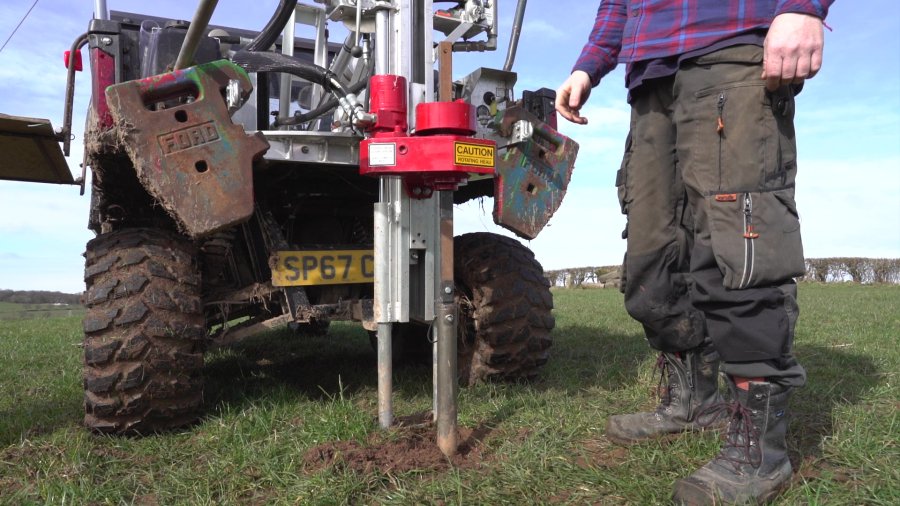
First Milk has announced that it has invested in soil carbon measurement company Agricarbon, acquiring a 5 percent stake in the business.
Agricarbon is a Dundee-based start-up, with a mission to accelerate a widespread transition to more proactive soil stewardship.
It seeks to do this by unlocking the value of soil carbon sequestration as a major carbon sink and make a material contribution – this decade - to averting climate catastrophe.
The firm addresses the main barrier to evidencing and valuing soil carbon sequestration: the need to quantify soil carbon stock, at low cost, but with high integrity.
It offers a unique soil carbon measurement service using proprietary technology to automate the most robust scientific methodologies for intensive, direct soil sample collection and analysis, at a fraction of the usual cost.
To date, Agricarbon has been operating a large-scale pilot in partnership with First Milk and Nestlé, building an extensive soil carbon baseline for the First Milk farms involved.
The pilot covers over 7,000 hectares of land and incorporates data from 40,000 soil samples, making this one of the largest datasets of real-world soil carbon measurements in the world.
Customers will use this data to confirm soil carbon baselines and evidence the capture and storage of atmospheric carbon dioxide into regeneratively farmed soils.
First Milk is launching a programme of practice changes aimed at increasing soil carbon capture, helping farms and food companies to achieve net zero targets and contribute to national emissions reduction targets.
Commenting on the results to date, Mark Brooking, First Milk sustainability director said: “The data represents a breakthrough in the visibility of carbon in farm soils.
"As well as establishing average soil carbon levels, the pilot has also shown that there are wide variations between the levels of carbon in different fields and at different depths.
"This demonstrates the real opportunity to sequester significant additional carbon in soil through the adoption of regenerative agricultural practices.”
Shelagh Hancock, First Milk chief executive added: “Our investment in Agricarbon will help it scale faster, allowing it to rapidly accelerate its ambitious growth plans.
"It will also further strengthen our position in dairy sustainability, helping us to demonstrate that our dairy farmer members can be part of the solution to the climate crisis through good soil management.”
